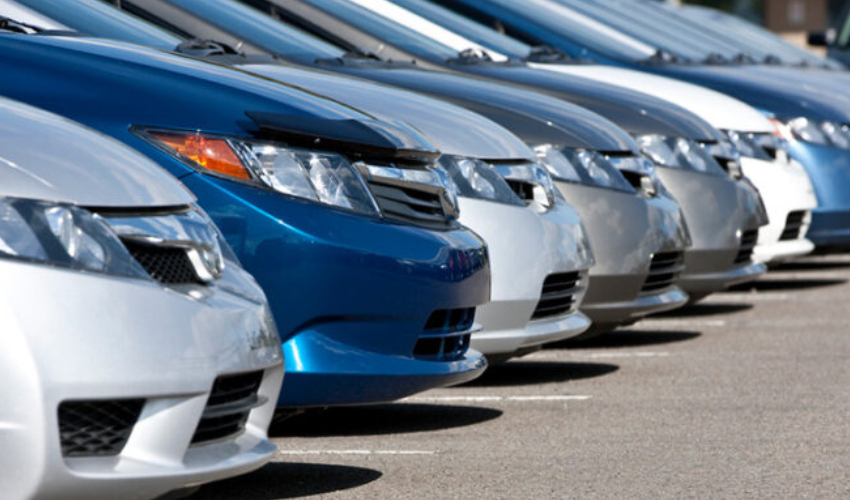Buyers of automobiles have clearly entered what appears to be a protracted hibernation. The pie was cut in half in only one year after overall sales of passenger cars, light commercial vehicles (LCVs), and SUVs fell by 53% in the first half of the fiscal year (Jul-Dec).
This also reflects the current situation of Pakistani households, where their ability to make large purchases, such as new cars, is declining and their purchasing power is constrained.
These expenses are extravagant because the majority of people cannot afford to purchase a car, on cash or through bank financing, even if a particular bank were to provide them a car loan. Also because the cost of petrol and diesel, maintaining and driving a vehicle is skyrocketing. As a result, the car market is still mostly untapped.
Due to the record surge in interest rates, car owners who previously purchased their vehicles on adjustable rate loans may now be regretting their choices.
Authorities have succeeded in reducing the market's demand for automobiles. SBP imposed limitations on tenors and equity requirements, making it more difficult for automobile owners to obtain financing, in addition to the rate hikes that have tightened the noose around the entire private sector. That eliminated, for the most part, the number of new car buyers who were going to apply for auto loans.
All that was left were investors who were still prepared to part with their money and cash buyers who had savings. However, that does not leave out a lot of them as automobiles become more expensive, and supply also remains restrained as letters of credit limitations loom big for more than a year.
Strangely, as the market share decreases, the percentage of LCVs and SUVs has increased to 22% of the total, as new models and competitors (such as Hyundai's Tucson and Sazgar's Haval) created quite a stir. But even as this came to light, that particular group is showing signs of weariness month after month. People may still have plenty of cash on hand, but it's obvious that they aren't tying it up in brand-new vehicles.



























